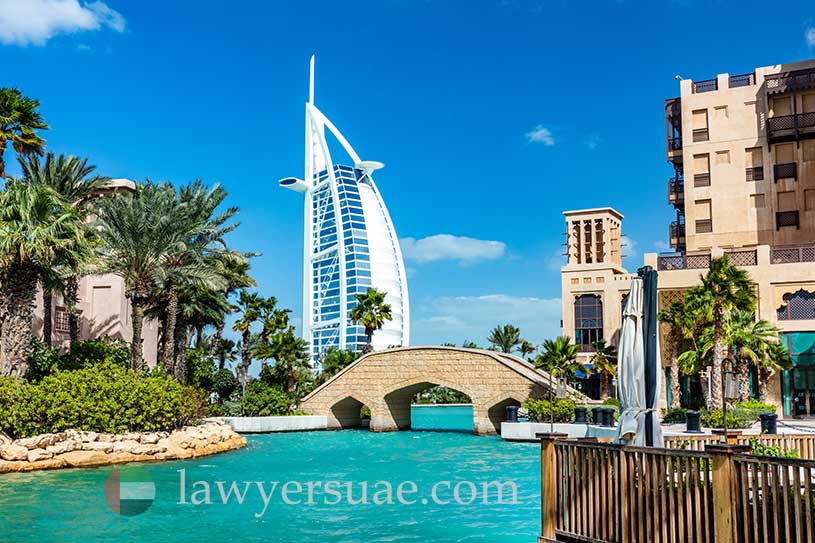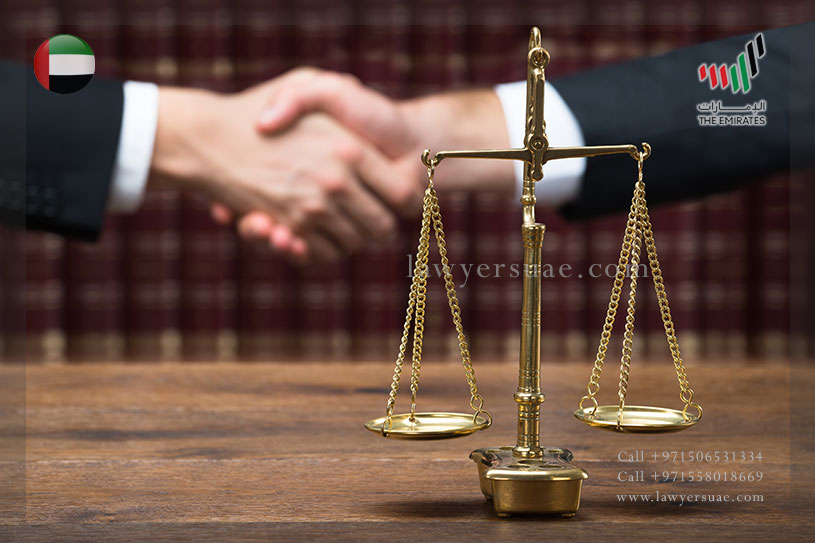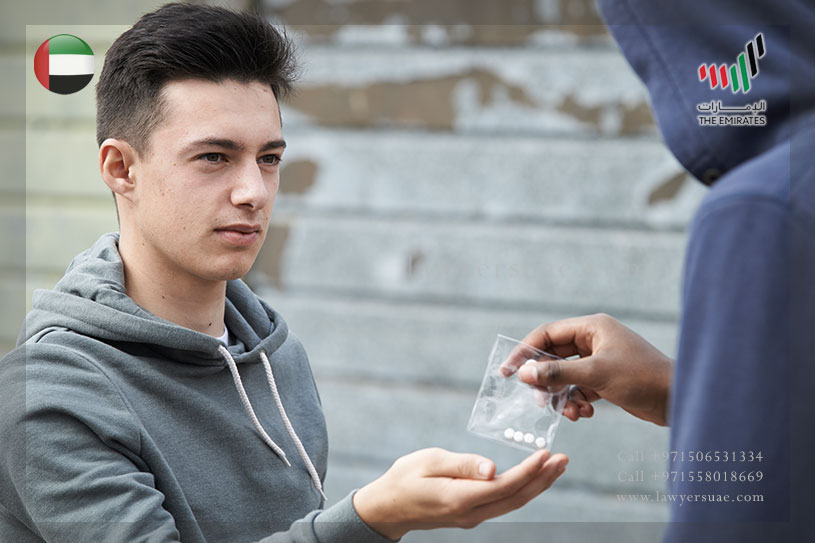Travel expands our horizons and offers memorable experiences. However, as a tourist visiting a foreign destination like Dubai, you need to be aware of the local laws and regulations to ensure a safe and compliant trip. This article provides an overview of key legal issues that travelers to Dubai should understand.
Introduction
Dubai offers a glitzy modern metropolis intertwined with traditional Emirati culture and values. Its tourism sector continues to boom exponentially, attracting over 16 million annual visitors prior to the COVID-19 pandemic.
However, Dubai also has very strict laws that tourists must respect to avoid fines or deportation. However, violating its strict laws can even lead tourists to find themselves dubai airport detained instead of enjoying their visit. Areas like social code compliance, substance restrictions, and photography have defined legal boundaries.
It’s vital that visitors understand these laws to have an enjoyable and trouble-free experience. We will explore some of the critical regulations and discuss emerging frameworks like the UNWTO’s International Code for Protection of Tourists (ICPT) aimed at traveler rights.
Key Laws and Regulations for Tourists
While Dubai has relatively liberal social norms compared to neighboring Emirates, numerous legal and cultural regulations still govern public behavior.
Entry Requirements
Most nationalities require pre-arranged visas for entering Dubai. Some exceptions exist for GCC citizens or visa-exempt passport holders. Key parameters include:
- Tourist visa validity and permitted stay duration
- Passport validity period for entry
- Border crossing procedures and customs forms
Violating these rules can invalidate your visa leading to fines over AED 1000 (~USD 250) or a possible travel ban.
Dress Code
Dubai has a modest yet contemporary dress code:
- Women are expected to dress modestly with shoulders and knees covered. But most Western-style clothing is acceptable for tourists.
- Public nudity including topless sunbathing and minimal swimwear is prohibited.
- Cross-dressing is illegal and can result in imprisonment or deportation.
Public Decency
Dubai has zero tolerance for indecent acts in public, which includes:
- Kissing, hugging, massages or other intimate contact.
- Rude gestures, profanity, or loud/raucous behavior.
- Public intoxication or drunkenness.
Fines generally start from AED 1000 (~USD 250) paired with incarceration or deportation for serious offences.
Alcohol Consumption
Despite its Islamic laws prohibiting liquor for locals, alcohol consumption is legal in Dubai for tourists above 21 years within licensed venues like hotels, nightclubs and bars. However, drink-driving or transporting alcohol without an appropriate license remain strictly illegal. The legal alcohol limits for driving are:
- 0.0% Blood Alcohol Content (BAC) for under 21 years
- 0.2% Blood Alcohol Content (BAC) for over 21 years
Drug Laws
Dubai imposes harsh zero-tolerance drug laws:
- 4 years imprisonment for possession of illegal substances
- 15 years imprisonment for consumption/use of drugs
- Death penalty or life imprisonment for drug trafficking
Many travelers have faced detention for possessing prescription drugs entered without appropriate customs disclosure.
Photography
While photography for personal use is allowed, there are some key restrictions tourists should respect:
- Taking photos or videos of people without their consent is strictly illegal. This also covers children.
- Photographing government buildings, military areas, ports, airports or transportation infrastructure is forbidden. Doing so can lead to imprisonment.
Privacy Laws
In 2016, Dubai introduced cybercrime laws banning invasion of privacy without consent especially through:
- Photographs or videos depicting others publicly without approval
- Taking pictures or filming private property without permission
Penalties include fines up to AED 500,000 (USD ~136,000) or imprisonment.
Public Displays of Affection
Kissing or intimacy in public between couples even if married is illegal under Dubai’s indecency laws. Punishments include incarceration, fines and deportation. Hand-holding and light hugging in less conservative places like nightclubs may be permissible.
Protecting Tourist Rights
While local laws aim at cultural preservation, tourists have faced distressing situations like detention over trivial offenses. COVID also revealed gaps in traveler protections and assistance frameworks globally.
International agencies like the UN World Tourism Organization (UNWTO) have responded by publishing an International Code for Protection of Tourists (ICPT) with recommended guidelines and duties for host countries and tourism providers.
The ICPT principles recommend:
- Fair access to 24/7 hotlines for tourist assistance
- Embassy notification rights upon detention
- Due process for alleged offences or disputes
- Options for voluntary departure without long-term immigration bans
Dubai has an existing Tourist Police unit focusing on visitor safety. Integrating parts of the ICPT by strengthening tourist rights legislation and dispute resolution mechanisms can boost Dubai’s appeal as a global tourism hotspot.
Ways To Get Arrested As A Tourist In The UAE
Importing Goods: It is illegal to import pork products and pornography into the UAE. Also, books, magazines, and videos may be scrutinized and may be censored.
Drugs: Drug-related offences are treated severely. There are stiff penalties for drug trafficking, smuggling, and possession (even in small amounts).
Alcohol: There are restrictions on alcohol intake across the UAE. Muslims are not allowed to take alcohol, and non-muslim residents need a liquor license to be able to drink alcohol at home, or in licensed venues. In Dubai, tourists can obtain a liquor license for a period of one month from two of Dubai’s official liquor distributors. Drink and Drive is illegal.
Dress Code: You can get arrested in the UAE for dressing indecently in public.
Offensive Behaviour: Swearing, making offensive social media posts about the UAE and making rude gestures are considered obscene, and offenders face jail time or deportation.
Although the UAE is a great tourist destination, you need to be careful as little things can put you in the crosshairs of authorities. You will be at a great advantage if you know the laws, customs, and culture. However, if you fall foul of anything, ensure you get the help of an experienced legal practitioner to resolve the problem.
Resolving Tourism Disputes
Travel mishaps can happen even with adequate precautions. Dubai’s legal system blends civil law from Islamic Shariah and Egyptian codes with British common law influences. Key dispute resolution options for tourists facing issues include:
- Filing Police Reports: Dubai Police operate a Tourist Police Department catering specifically to visitor complaints regarding fraud, theft or harassment.
- Alternate Dispute Resolution: Many disputes can be settled through mediation, arbitration and conciliation without undergoing formal prosecution.
- Civil Litigation: Tourists can engage lawyers to represent them in Islamic Shariah Courts for matters like compensation or breach of contracts. However, hiring legal counsel is obligatory for instituting civil proceedings.
- Criminal Prosecution: Serious offences undergo criminal prosecution in Shariah Courts or State Security Prosecutions involving investigative procedures. Consular access and legal representation are vital.
Recommendations for Safe Travel
While many laws aim at cultural preservation, tourists also need to exercise common sense to avoid issues:
- Accessibility: Call government hotline 800HOU to request disabled access information before visiting attractions.
- Clothing: Pack modest attire covering shoulders and knees to avoid offending locals. Shariah swimwear is needed on public beaches.
- Transport: Use metered taxis and avoid unregulated transit apps for safety. Carry some local currency for tipping drivers.
- Payments: Keep shopping receipts to potentially claim VAT refunds on departure.
- Safety Apps: Install government USSD alert app for emergency assistance needs.
By respecting local regulations and utilizing safety resources, travelers can unlock Dubai’s dynamic offerings while staying compliant. Seeking reliable guidance early prevents detrimental legal trouble.
Conclusion
Dubai offers wonderful tourism experiences against a landscape of Arab traditions and futuristic ambitions. However, its laws differ extensively in substance and enforcement compared to Western norms.
As global travel resuscitates post-pandemic, better legal protections for tourists will be vital to restore confidence. Frameworks like the UNWTO’s ICPT signify a step forward if implemented diligently.
With adequate preparation regarding local legislation, travelers can unlock Dubai’s cosmopolitan experiences seamlessly while also respecting Emirati cultural standards. Staying vigilant and acting legally lets visitors embrace the city’s glitzy offerings in a safe and meaningful way.


